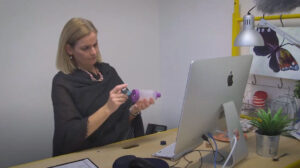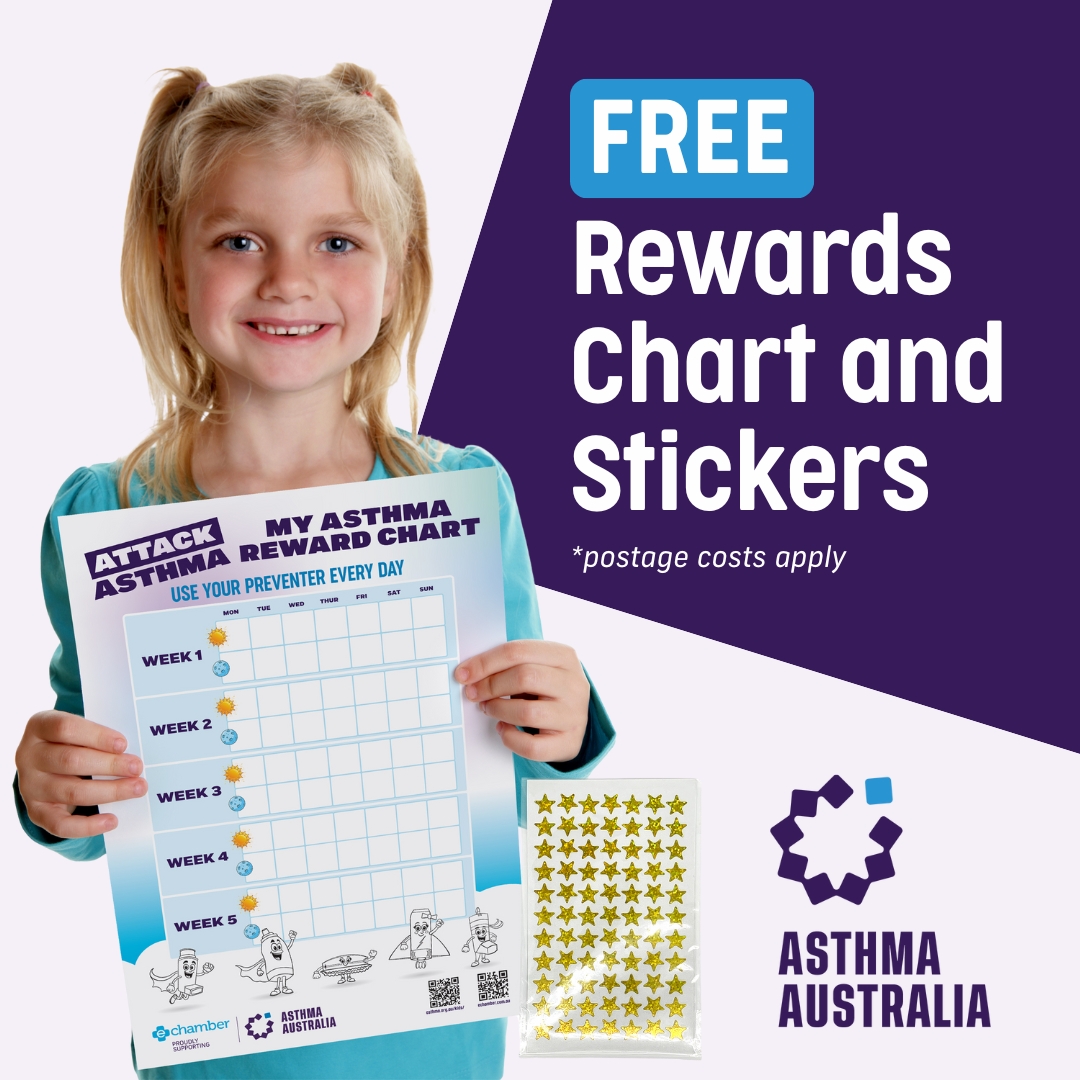
When Susan* needed time off from her nursing work to deal with her asthma, she was told she was “stupid” to pursue a career in health care.
And Rachel* was treated so badly in her public service role due to her severe asthma, that she “developed a heart murmur due to the stress”. In the end, she felt no option but to resign from her job.
They reflect the types of stigma often attached to asthma in the workplace and throughout the community.
Stigma is when someone has negative thoughts and opinions of you because of a particular characteristic, like a health condition. It can be what you think others are thinking about you too.
A new Asthma Week survey by Asthma Australia found that workplaces are a common place adults with asthma feel the effects of stigma.
In fact, 1 in 2 people do not think or are unsure if their workplace would consider asthma as a valid reason for taking sick leave.
Respiratory physician Dr John Blakey explains how stigma could show up in the workplace.
“Hiding the condition might be literally not telling an employer they have it, but it can also manifest as coming to work when unwell – being present but less productive for fear of being labelled in your absence,” he said.

Asthma Australia says workplaces need to be more transparent about asthma in their sick leave policies to better support employees. This will help to remove the stigma from asthma.
A lot of the stigma comes from the fact asthma is an invisible condition. This can mean other people sometimes don’t understand the seriousness of the condition.
“If I had my arm in a sling, for example, they would’ve probably commented about it, ‘Is it painful?’, ‘Is it heavy?’, ‘Are you OK?’, ” Rachel said in an interview with Asthma Australia.
“I go once a fortnight to get injections for my (severe) asthma… and to get support and understanding as to why I needed to do that, I might as well have been talking about green men on the moon.”
Another person shared “In high school in Adelaide my PE (Physical Education) teachers thought I was using my puffer ‘for attention’ and my parents had to explain that asthma can be fatal.”
Stigma is still an issue for adults living with asthma and can directly impact how well they manage their condition. This is especially concerning given asthma affects one in nine Australians and claims more than one life a day.
For Susan, her experiences with stigma in the workplace has left her unsure about her future.
“I have really struggled with wanting to continue my nursing career due to the discrimination in my workplace,” Susan explained.
“There’s a long way to go with asthma education in the workplace.”
Both Susan and Rachael are just two examples of how stigma at work has impacted their overall health and wellbeing.
Asthma Australia is asking Australians to remove the stigma from asthma this Asthma Week. What you think matters because nearly 2.8 million Australians have asthma.
To find out how to help a friend or co-worker with asthma that removes stigma, please click here ‘Six ways to support a friend or co-worker with asthma’
If this has brought up concerns for you or someone you know, don’t wait – just call:
- Lifeline on 13 11 14
- Beyond Blue on 1300 22 4636
- MensLine Australia on 1300 789 978
- 13Yarn on 13 92 76 to talk with an Aboriginal or Torres Strait Islander Crisis Supporter
Life is full of challenge and change, ups, and downs. It’s important to be aware of our mental wellbeing and the wellbeing of those around us.
*Susan and Rachel are not their real names, but their experiences are real.





 1800 278 462
1800 278 462



